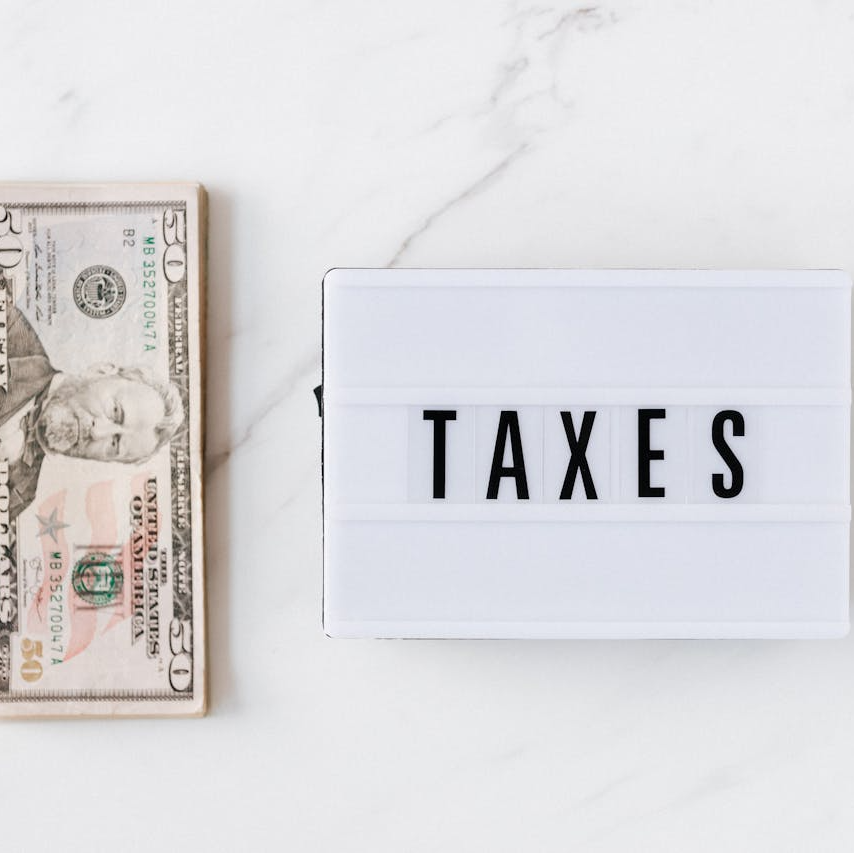Recently, there have been several debates concerning Indexed Universal Life insurance. The most common among financial professionals is that you won’t need it at retirement. Since you’ve been such a good saver and investor, you likely won’t need any life insurance once you start getting your retirement money. However, in this article, we shall deliberate on some factors why you should consider including Indexed Universal Life insurance in your retirement portfolio even if you don’t think you need it. IUL as a Retirement Risk-Buffer Indexed Universal Life (IUL) has a unique growth strategy that allows for risk-free stock market participation, even though it is not entirely uncorrelated to the stock market. In other words, IUL provides a contractual 0% floor, shielding investors from losses during market downturns. As a result, if the S&P 500 has a negative return, you will receive 0%. However, by tracking the S&P 500 index, IUL still provides the opportunity to earn double-digit returns during bull market years. Assume a market crash and have IUL insurance as part of your retirement savings. In that case, your IUL policy could be used to meet your immediate income needs while your stock and mutual fund accounts recover. However, in a bear market, you would need to redeem more shares of your stocks or mutual funds to maintain your current standard of living. Once consumed, these shares are no longer eligible to participate in the subsequent market recovery. If you waited until the market stabilized or, even better, reached new highs, you could redeem far fewer shares of your stocks or mutual funds to generate the same income. Consider having a pool of assets protected from the crash inside IUL so you can continue to live comfortably while your stock portfolio recovers. IULs as a Retirement Tax Shelter: While IULs don’t have all the entry requirements that many high-income earners are unaware of, their tax treatment is similar to Roth Accounts. Because there are no restrictions on high-income earners or a $5,500 annual contribution cap, IUL is often called “the Roth of the rich.” As a result, even if you don’t need Indexed Universal Life insurance during retirement, you’ll probably want it because of how the policy will be taxed. Here’s why: The majority of your other retirement income will be taxed in some way. For instance, your
- Social Security
- Taxable Brokerage Accounts
- Tax-Deferred Annuities
- Rental Real Estate
- IRA’s retirement account
- Deferred Compensation plans
Imagine being able to “time your tax” by choosing how many taxable retirement distributions you want to take each year. Tax rates will continue to change because of the various regimes Congress will operate under when you retire. Consider supplementing your desired lifestyle with tax-free distributions from Indexed Universal Life after withdrawing funds from taxable accounts until you reach those dreaded tax brackets. As tax rates for the wealthy rise, you will wish you had more assets allocated to IUL. Even though “tax reform” has resulted in a slight decrease in all tax brackets, remember that we still owe $20 trillion, so gravity will cause the pendulum to swing the other way. IUL for its Death Benefit in Retirement When clients learn about the special tax and risk-management features of IULs, the death benefit is frequently the least appealing feature. However, a permanent death benefit should not be underestimated in retirement planning. This is what I mean: Would you spend more on retirement assets if you knew you had a guaranteed accounts-receivable that your spouse and children would receive tax-free upon death? Of course, you would! If there is a permanent death benefit, you can spend down other assets in your portfolio more quickly. Even if you depleted all your other accounts before reaching life expectancy, a significant cash value inside your Indexed Universal Life policy could be used for retirement income. You would also receive a more considerable tax-free death benefit to compensate for the portion of your lost nest egg. What if you sustained a serious injury or a long-term illness? Statistics show that one in every two retirees will require “Long-Term Care,” either in a facility or in the comfort of their own home. Did you know that some Indexed Universal Life policies include riders or clauses that allow you to use the tax-free death benefit for these purposes even if you haven’t died? The specifics will vary depending on the product and company, but indexed universal life clauses are becoming more common. IUL as a Better Pre-Retirement Liquidity Holding Tank Everyone should keep a certain amount of safe and easily accessible cash reserves, especially as they approach retirement. For example, if you own a business or invest in real estate, you probably have a lot more cash on hand than if you invest in the stock market. Even for W-2 employees, the general rule is to have 6 to 12 months’ worth of expenses in cash. This way, you can use your reserves without fear of losing money. When money is king, everything else usually goes to hell. Keeping five or six figures in cash results in a lost opportunity cost, which means you miss out on potential growth on that capital. What if, instead of putting your money in a bank or a safe, you put it in an IUL? What if you only kept what you needed in your checking account to cover your monthly expenses while your longer-term savings grew in a risk-free IUL? Did you know that the two largest American banks have over $20 billion in customer deposits invested in critical executive life insurance policies? The big banks understand that properly structured life insurance is the only way to keep money liquid while growing it without taxes or market risk.
Contact Information:
Email: bret@alifeb.com
Phone: 5023226580














